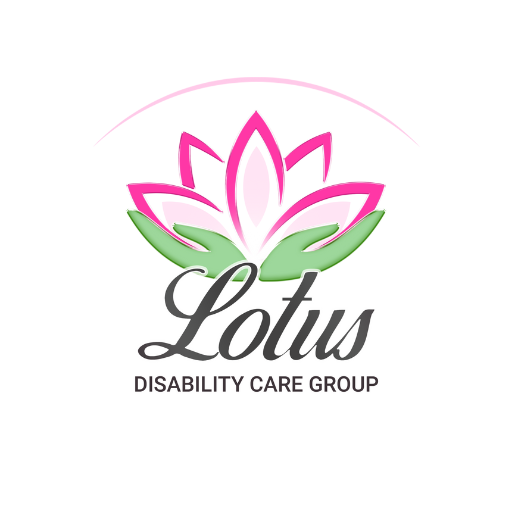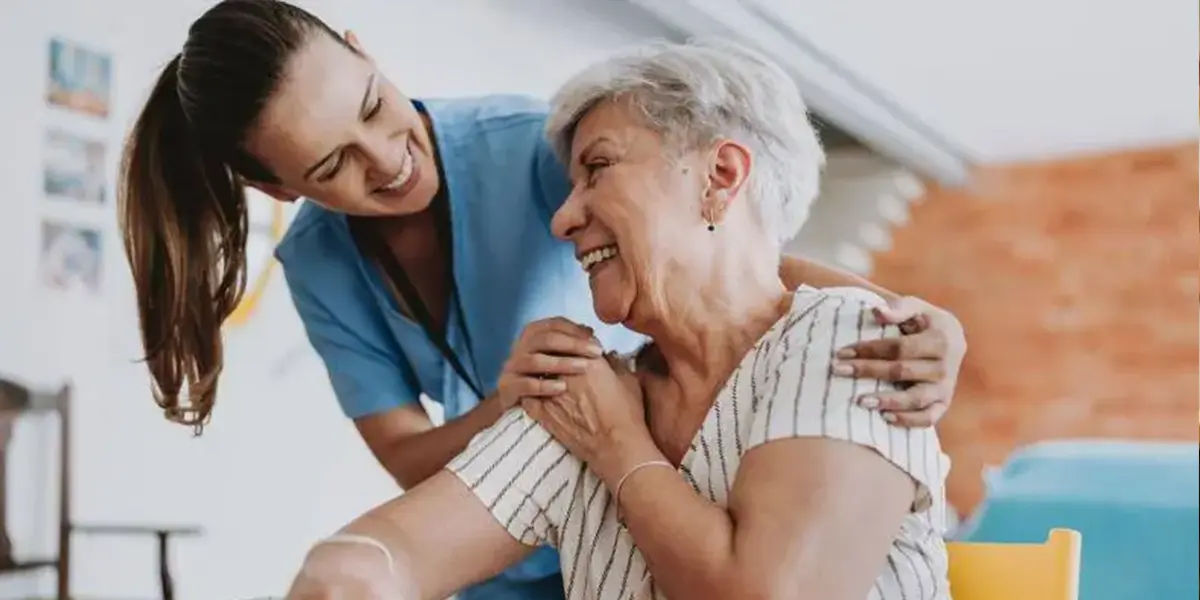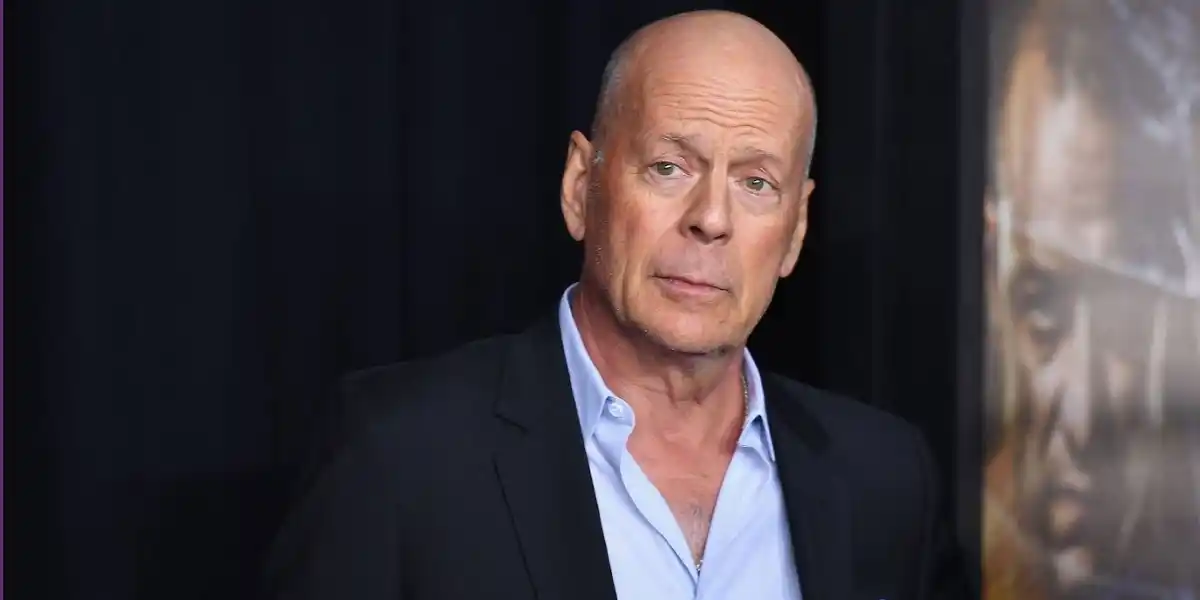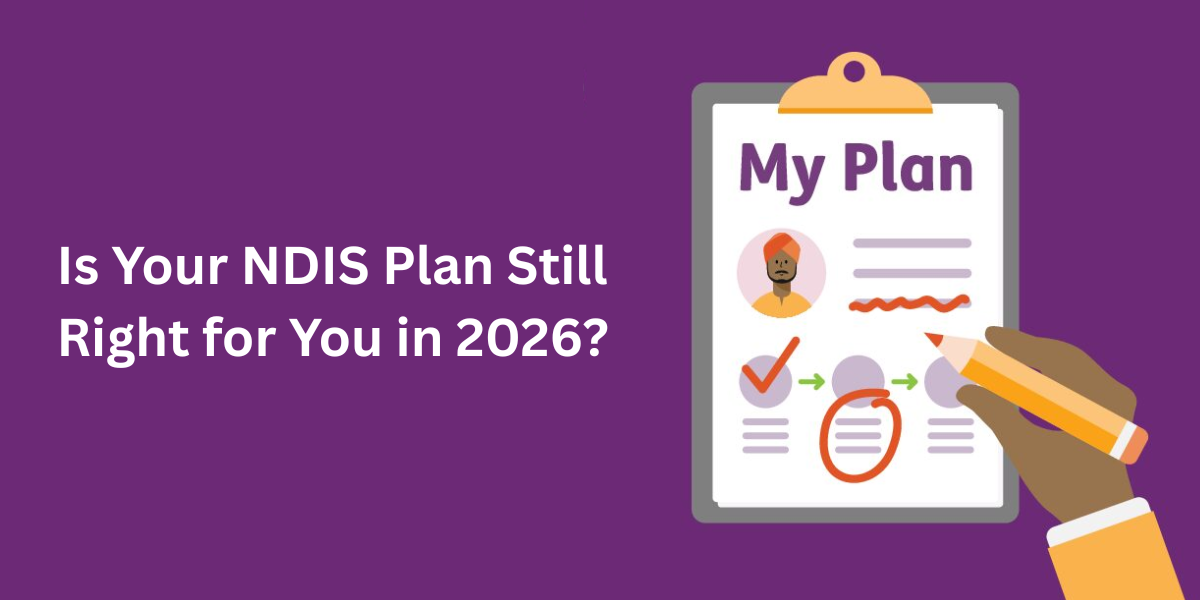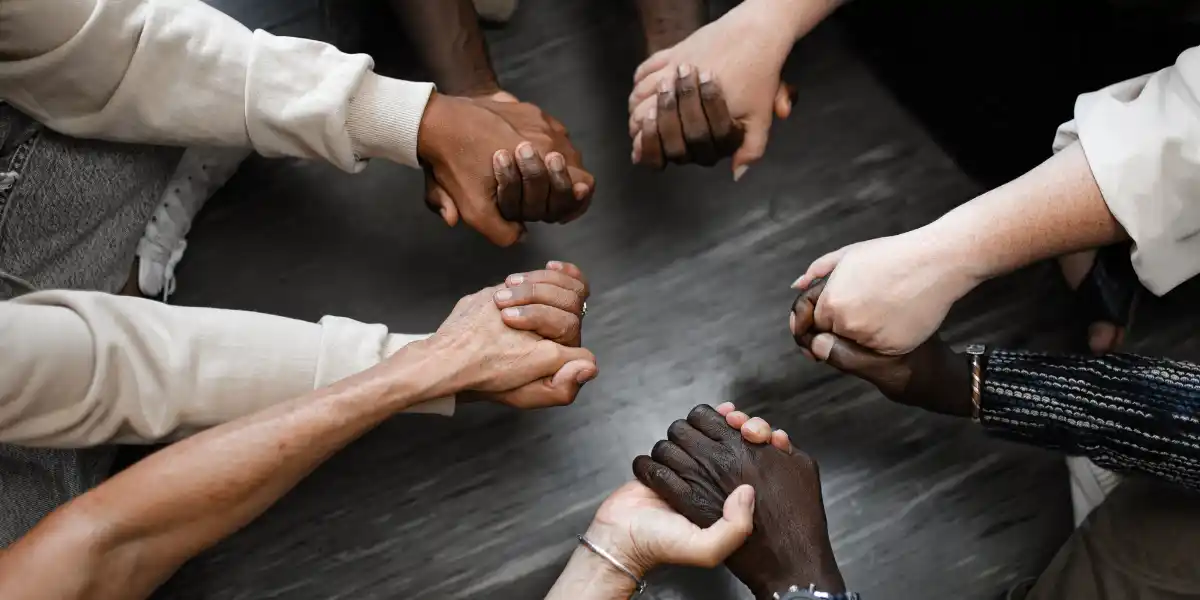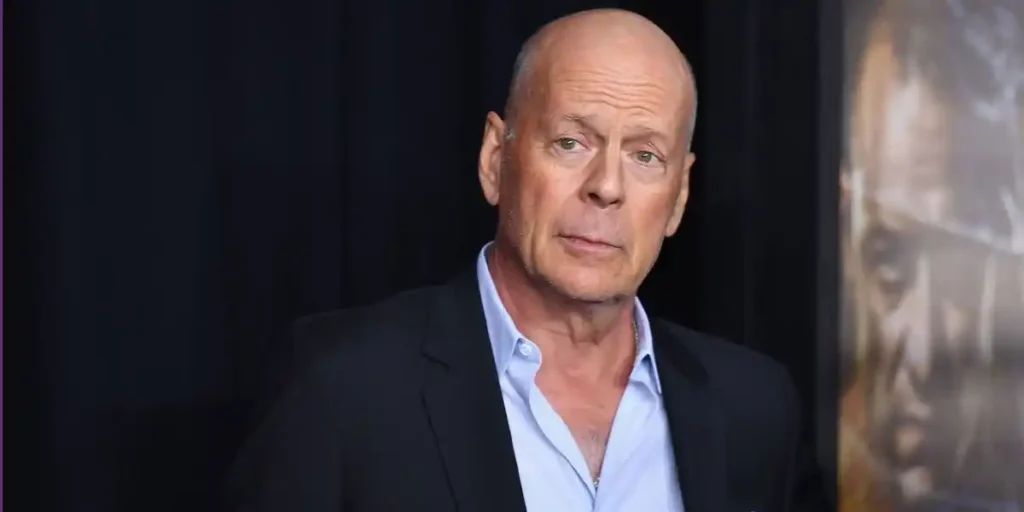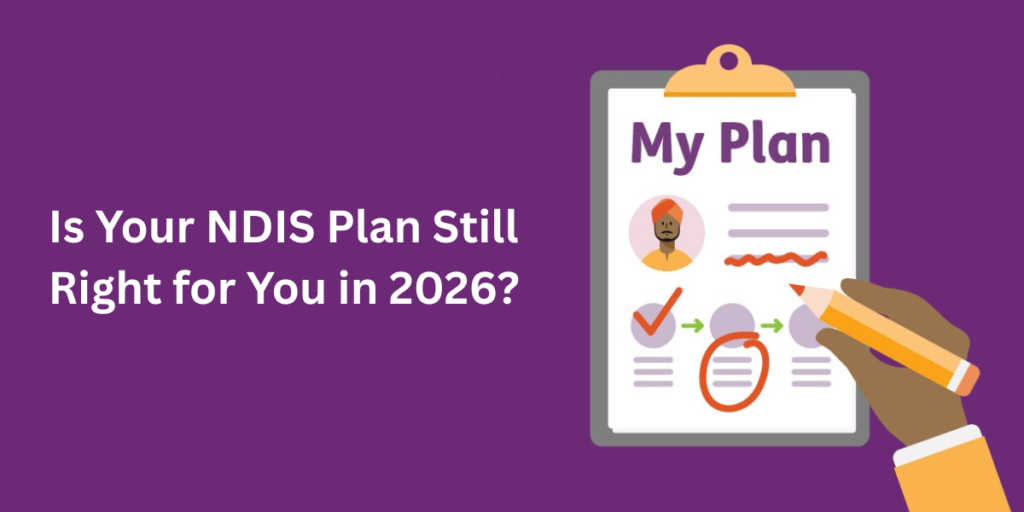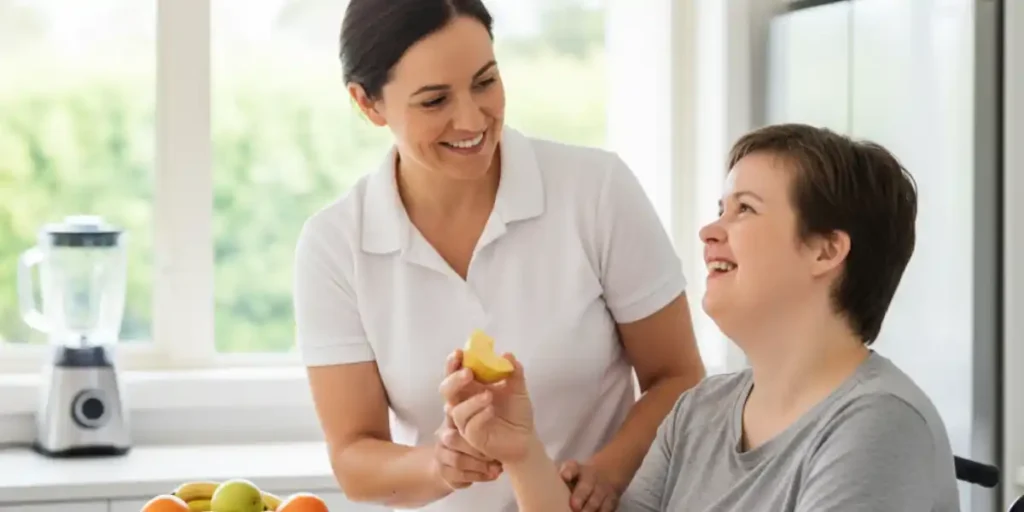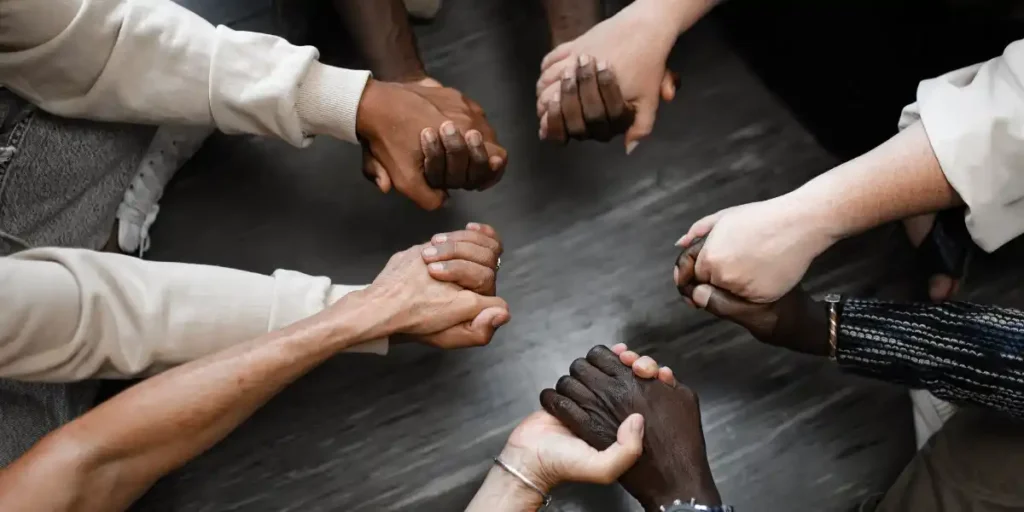Mental health support plays a big part in overdose prevention. By caring for emotional wellbeing, we can lower risks and give people safer ways to cope.
International Overdose Awareness Day: why is this day important?
What is this day?
Every year on August 31, people come together for International Overdose Awareness Day (IOAD). Since it started in 2001, IOAD has grown into the world’s largest annual campaign focused on ending overdose and promoting prevention.
This day is important for 4 reasons:
Remembering lives lost
Overdose is still a leading cause of death for people under the age of 40. IOAD provides a chance to honor these individuals whether they are family, friends or community members and to openly grieve their loss without shame.
Breaking stigma
Talking about overdose and substance use is often difficult because of misunderstanding. IOAD encourages open talks, builds compassion and helps people feel safer asking for support.
Spreading awareness and prevention
The day educates people about the risks of overdose and lifesaving actions, including recognizing signs and how to respond. For example, Naloxone is a medication that can quickly reverse an opioid overdose and save lives.
Why mental health support is key to overdose prevention?
Mental health support is key to overdose prevention because it tackles root causes and helps people handle challenges in healthier ways.
Mental health and substance use are often linked
Mental health and substance use often go together. Many people who use drugs also face depression, anxiety or trauma. They may turn to drugs to cope with pain or stress, which raises the risk of overdose. With the right support, they can find safer ways to deal with these feelings.
Support systems reduce isolation and risky behavior
Support systems also make a big difference. Mental health struggles often lead to loneliness and when people feel isolated, they may take bigger risks with drugs. Staying connected lowers that risk because friends and family can step in and offer care.
Access to mental health services helps early intervention
Timely access to mental health services matters too. Counseling, therapy and integrated treatment can stop problems from getting worse. Education also reduces stigma, making it easier for people to seek help early and avoid overdose.
How can Lotus help you with mental health support?
At Lotus, our Psychosocial Recovery Coaches don’t work directly in overdose prevention, but we do help you build the skills, confidence and connections that support better mental health and wellbeing.
We walk beside you on your journey, helping you:
- Set goals that feel realistic and achievable
- Build independence and confidence in daily life
- Connect with the right services, supports, and community
- Learn from coaches who have lived experience with mental health
Lotus’s NDIS Psychosocial Recovery gives you the right support so you don’t have to do it all alone. With the right tools and guidance, recovery becomes a journey you don’t have to face by yourself. Follow to update more news from Lotus!
